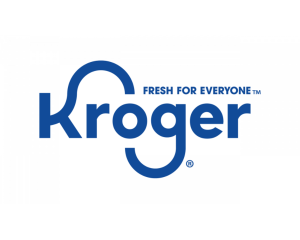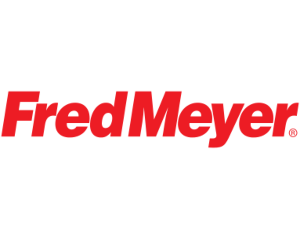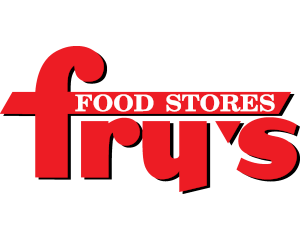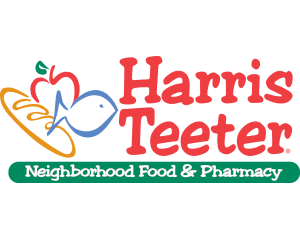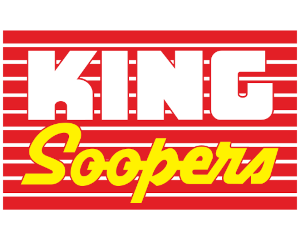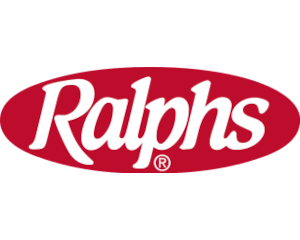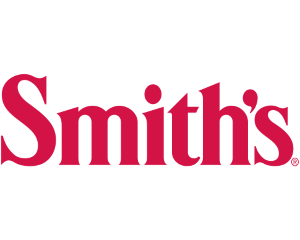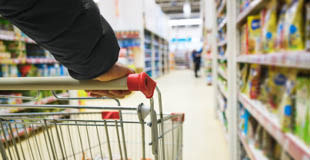Subsidiaries of Kroger
- Baker’s
- City Market
- Dillons
- Food 4 Less
- Foods Co
- Fred Meyer
- Fry’s
- Gerbes
- Harris Teeter
- Jay C Food Store
- King Soopers
- Pay-Less Super Markets
- QFC
- Ralphs
- Smith’s Food and Drug
Key Findings
- Kroger has no safer chemicals policy, though in December 2020, the company reported that it “is in process of developing a Safer Chemicals Statement, to capture and summarize our commitment to moving to safer chemicals in our products.”
- Kroger set a timeline to complete its phase-out of BPA in private-brand packaging by the end of 2020 and in December 2020, reported it “experienced some delays in meeting our end-2020 timeline due to supply chain constraints, but will complete the phaseout process once BPANI cans are available.”
- In 2020, Kroger announced it adopted a list of chemicals it restricts in apparel and established compliance requirements for suppliers to ensure supplier conformance with the restrictions. The company reported it: “shared it with our suppliers and provided four training sessions, for our U.S. based vendors and factories located in Asia, in the fall of 2020. Supplier testing and data collection by Kroger has now commenced, with policy compliance timeframes set at appropriate times in the future.”
Recommendations for Kroger
- Kroger can make progress by developing a public written safer chemicals policy, developing and enforcing a public BRSL for food packaging and other products beyond its limited BRSL for natural and organic products, and setting public quantifiable goals with clear timelines for reducing and eliminating chemicals of high concern (CHCs).
- In particular, we urge the company to eliminate and safely replace any toxic indirect food additives in food contact materials with special attention paid to any bisphenols (including in brand-name food packaging and going beyond just BPA) and per- and polyfluoroalkyl substances (PFAS) that may be in food packaging and other food contact materials as well as any phthalates that may be in food and food contact materials in its supply chain.
- Kroger should also eliminate plastics of environmental health concern (PEHCs) from its product and packaging materials and should take swift action to eliminate and safely replace key chemicals of concern from any beauty products of environmental justice concern that it sells. Kroger should publicly disclose the alternatives used to replace CHCs or PEHCs after eliminating them. The company should also become a signatory to the Chemical Footprint Project and pilot it with key private label suppliers.
Grade History
How does Kroger compare to its competitors?
Analysis of Kroger
Oversight: Established management responsibilities and incentives
Disclosure: Requires suppliers to report use of chemicals in products to retailer
Action: Reduced or eliminated chemicals of high concern (CHCs) or plastics of environmental health concern (PEHCs) within the last three years
Safer Alternatives: Evaluates safer alternatives, avoids regrettable substitutes
Transparency: Demonstrates a commitment to transparency and public disclosure
Third-party Standards: Promotes credible third-party standards for safer products
Extra Credit:
Joint Announcement: Public commitment demonstrated through joint announcement
Continuous Improvement: Shows continuous improvement by steadily expanding safer chemicals policy
Collaboration: Actively participates in collaborative process to promote safer chemicals
Impact Investment: Investing financial resources into independent research into safer alternatives and/or green chemistry solutions
